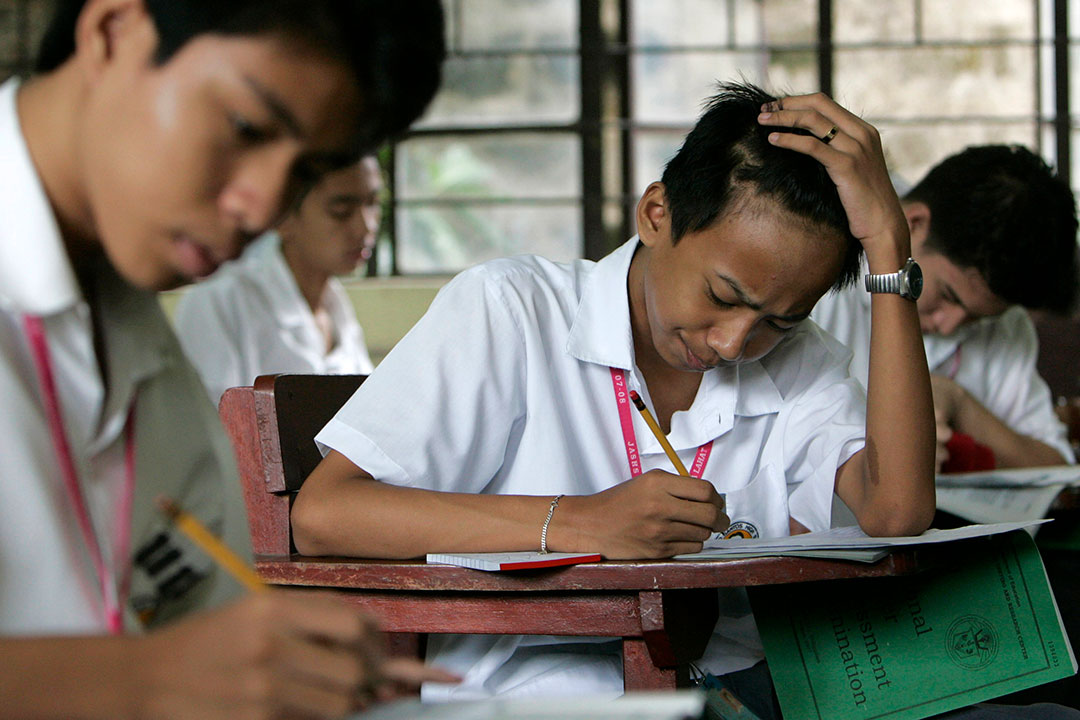Palace hits VP’s criticism of education, cites her tenure as DepEd chief – BusinessWorld Online

MALACAÑANG on Wednesday pushed back against Vice-President (VP) Sara Duterte-Carpio’s remarks that the Philippines is lagging behind other countries in education, saying her criticisms mirror her own shortcomings as former secretary of the Department of Education (DepEd).
“She was given the chance and the trust of the President for two years to serve as Education secretary,” Palace Press Officer Clarissa A. Castro told a news briefing in mixed English and Filipino. “Whatever her complaints are now, they only reflect her failure during her tenure.”
Ms. Duterte, who led DepEd from 2022 to 2024, said during a recent trip to Kuwait that Filipino students remain “stuck with paper and pencil,” citing the country’s outdated learning system.
She stepped down last year, citing “genuine concern” for teachers and youth. Her resignation was followed by allegations of public fund misuse, which led to her impeachment trial that the Supreme Court has since declared void.
Ms. Castro assured students and teachers that Education Secretary Juan Edgardo M. Angara is tackling the sector’s long-standing problems.
She cited the recent distribution of 1.5 million laptops, tablets and other learning tools that had remained idle since 2020 but were released to schools only this year under Mr. Angara.
The Philippines continues to face what experts call a deep learning crisis. International assessments, including the Programme for International Student Assessment (PISA), have consistently ranked Filipino learners among the lowest globally in reading, mathematics and science.
Studies also show that nine out of 10 Filipino 10-year-olds can’t read simple texts with comprehension, a benchmark measure of learning poverty.
Weak teacher support, resource shortages and fragmented governance have compounded these challenges despite significant state investments in education reforms.
Analysts have warned that the crisis threatens to widen inequality and leave much of the country’s workforce ill-prepared for the demands of a rapidly changing economy.
Ms. Castro said the Marcos government is trying to address systemic gaps, adding that Mr. Angara’s leadership aims to modernize teaching and learning systems while maximizing available resources. — Chloe Mari A. Hufana